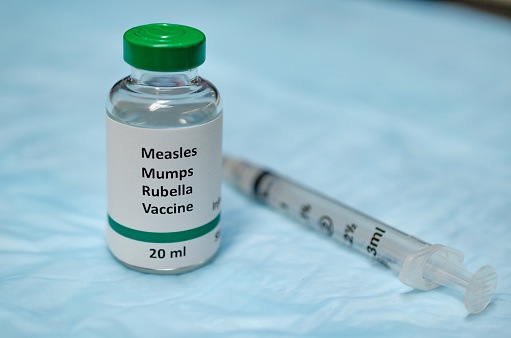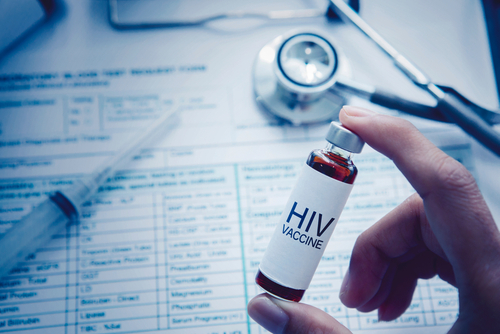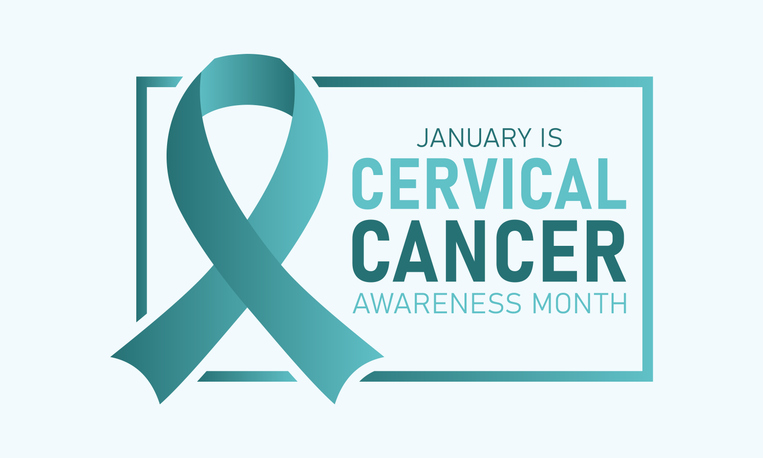
The findings of a new study published in JAMA Pediatrics suggest that opportunities exist for clinicians to provide pretravel measles-mumps-rubella (MMR) vaccinations pediatric travelers.
“The US population is experiencing a resurgence of measles, with more than 1,000 cases during the first 6 months of 2019. Imported measles cases among returning international travelers are the source of most US measles outbreaks, and these importations can be reduced with pretravel measles-mumps-rubella (MMR) vaccination of pediatric travelers,” the research authors wrote in their abstract.
In this study, researchers examined clinical practice regarding MMR vaccinations to discern reasons for nonvaccination. They did so by assessing 14,602 pretravel consultations for pediatric international travelers (51.5% male, 48.5% female). The population of interested were all between the ages of six months and 18 years and attended pretravel consultations at 29 sites associated with Global TravEpiNet (GTEN), a CDC-supported collection of sites that provide pretravel consultations. The researchers performed study analysis between 2009 and 2018 on 2,864 MMR vaccination-eligible travelers.
According to the results of the study, 41.3% of patients received the MMR vaccine 58.7% did not. The MMR vaccination–eligible travelers who did not receive vaccine included 161 of 365 infants (44.1%), 1222 of 2161 preschool-aged travelers (56.5%), and 299 of 338 school-aged travelers (88.5%). We observed a diversity of clinical practice at different GTEN sites. In multivariable analysis, MMR vaccination–eligible pediatric travelers were less likely to be vaccinated at the pretravel consultation if they were school-aged (model 1: odds ratio [OR], 0.32 [95% CI, 0.24-0.42; P < .001]; model 2: OR, 0.26 [95% CI, 0.14-0.47; P < .001]) or evaluated at specific GTEN sites (South: OR, 0.06 [95% CI, 0.01-0.52; P < .001]; West: OR, 0.10 [95% CI, 0.02-0.47; P < .001]). The most common reasons for nonvaccination were clinician decision not to administer MMR vaccine (621 of 1682 travelers [36.9%]) and guardian refusal (612 [36.4%]).
Clinical Practices for Measles-Mumps-Rubella Vaccination Among US Pediatric International Travelers | Pediatrics | JAMA Pediatrics | JAMA Network https://t.co/wjLtFLKevY
— Patricia Farrell, Ph.D. (@drpatfarrell) December 10, 2019
The study authors wrote in their conclusion that: “Although most infant and preschool-aged travelers evaluated at GTEN sites were eligible for pretravel MMR vaccination, only 41.3% were vaccinated during pretravel consultation, mostly because of clinician decision or guardian refusal. Strategies may be needed to improve MMR vaccination among pediatric travelers and to reduce measles importations and outbreaks in the United States.”
56.5% of MMR vaccination–eligible preschool-aged travelers, and 88.5% of MMR vaccination–eligible school-aged travelers were not vaccinated at the consultation.https://t.co/DRxCEeTUyp
— Rod Cook (@IsCoolScience) December 10, 2019







 © 2025 Mashup Media, LLC, a Formedics Property. All Rights Reserved.
© 2025 Mashup Media, LLC, a Formedics Property. All Rights Reserved.